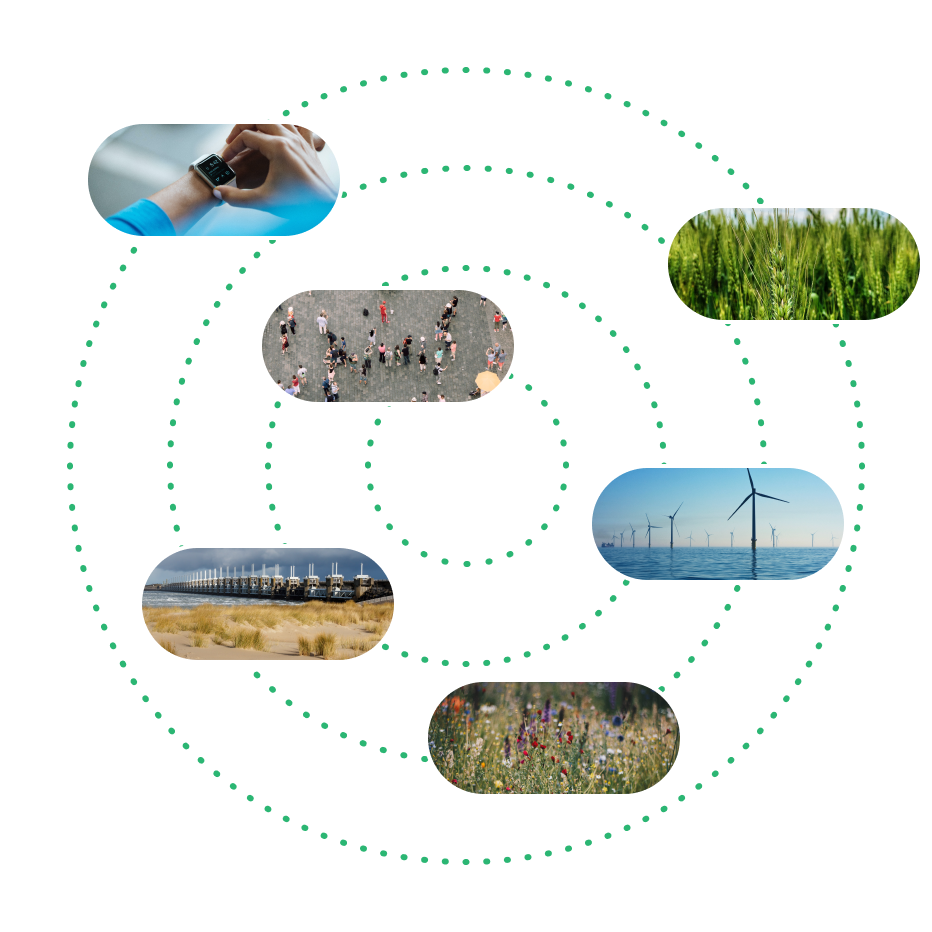Advancing climate policy: Key insights from the ESM2025 project’s 1st stakeholder forum

The Earth System Models for the Future project (ESM2025) is an ambitious European research initiative developing a new generation of Earth System Models (ESMs). These support the creation of effective climate mitigation and adaptation strategies in line with the Paris Agreement.
In simpler terms, these are advanced computer simulations of our planet. They’re designed to predict how the Earth’s climate will react if we release different amounts of greenhouse gases into the atmosphere.
The advantage of these new models is they’re more realistic. Older models often assumed greenhouse gas levels, but these new ones simulate how those levels change based on human actions and natural processes. This helps us better understand the link between cutting emissions and the actual impact on climate.
Another key improvement is how these models combine different ways of looking at the problem. They bring together ideas from Earth system models, which focus on the physical planet, and integrated assessment models, which consider human society and the economy. This combined approach gives us a more complete picture of how our choices affect the climate and what we can do about it.
ESM2025’s first stakeholder forum identified key research priorities for climate policy, which thir briefing explores. It also highlights critical questions raised during the forum and outlines how ESM2025 is contributing to essential policy-relevant topics.
1. Assessing climate change impacts
ESM2025 is making significant strides in understanding the impact of climate change on both global and regional scales. By advancing Earth System Models (ESMs), the project aims to deliver a more comprehensive assessment of global warming, particularly concerning the consequences of surpassing the Paris Agreement’s temperature targets.
These enhanced models will better predict climate impacts, such as extreme weather events and tipping points like the collapse of ice sheets, thereby informing regional adaptation strategies and global mitigation efforts.
2. Exploring long-term mitigation pathways
A key focus of ESM2025 is the evaluation of long-term mitigation strategies, including the feasibility of negative emission technologies (NETs) and nature-based solutions. The project is refining estimates of the remaining carbon budget needed to limit global warming to 1.5°C or 2°C.
By integrating knowledge from various modeling frameworks, ESM2025 is providing new insights into the potential for continued warming after net-zero emissions are achieved and the risks associated with different mitigation strategies.
3. Contributing to international research initiatives
ESM2025 is also playing a crucial role in international climate research through its contributions to the upcoming phase of the Coupled Model Intercomparison Project (CMIP7). The project is improving five European Earth System Models, which will be integral to answering critical scientific and policy questions in CMIP7.
Additionally, ESM2025 is fostering collaboration between Earth system and integrated assessment modeling communities, ensuring that the project’s outcomes are directly relevant to global climate policy.
Earth system models: a more holistic approach to climate predictions
Through ongoing research and collaboration, ESM2025 provides critical scientific evidence that helps shape the future of climate policy. The insights from the first stakeholder forum underscore the project’s commitment to addressing the most urgent climate challenges, ensuring that its work remains relevant and impactful for policymakers and society at large.
Read the full policy briefing here.
Stay updated with essential climate developments.
Sign up to our newsletter
Disclaimer
Funded by the European Union. Views and opinions expressed are however those of the author(s) only and do not necessarily reflect those of the European Union or the granting authority. Neither the European Union nor the granting authority can be held responsible for them.
The information and documentation in this section are published with permission from their respective sources. While the MAIA Project strives to ensure the accuracy and completeness of the content, we make no guarantees or warranties of any kind, express or implied, about the validity, reliability, or accuracy of the information. The original sources are solely responsible for the content they provide. We disclaim any liability for any errors, omissions, or inaccuracies in the information and for any actions taken in reliance on the information contained on this website.

Comments
There is no content